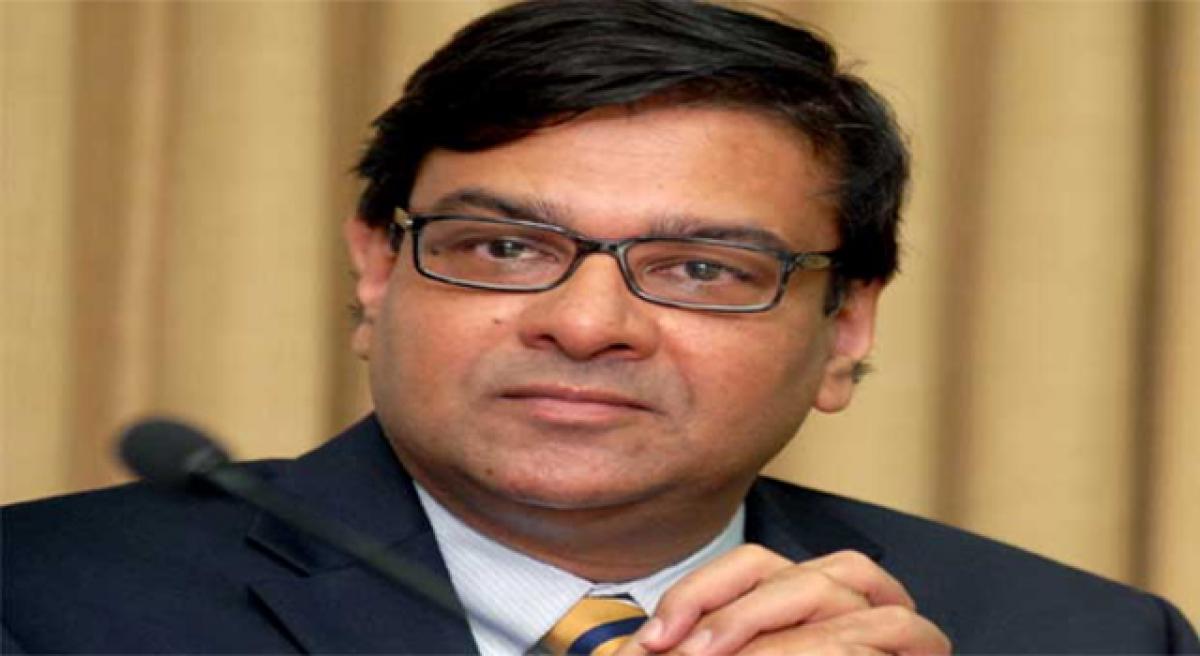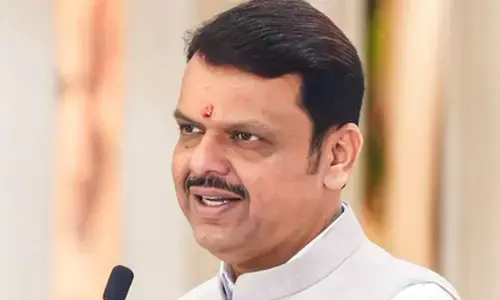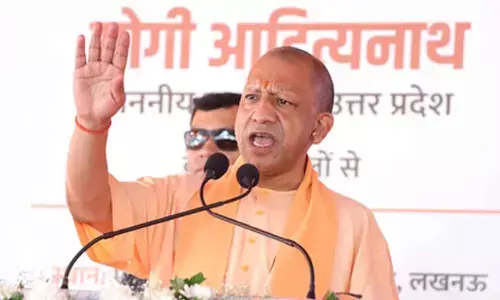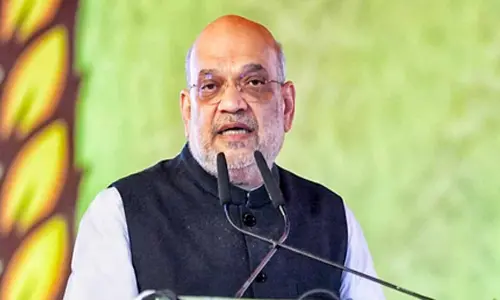Patel’s daunting task

As Dr Urjit Patel assumes charge as the 24th Governor of RBI after Raghuram Rajan lays down office on September 4, he faces the onerous task of de-risking economy from global recession and Brexit. At home, a robust growth remains jobless and inflation is spiralling. Clean-up of bank balance sheets by March 2017, limiting their exposure to corporate houses and redemption of huge FCNR bonds are oth
As Dr Urjit Patel assumes charge as the 24th Governor of RBI after Raghuram Rajan lays down office on September 4, he faces the onerous task of de-risking economy from global recession and Brexit. At home, a robust growth remains jobless and inflation is spiralling. Clean-up of bank balance sheets by March 2017, limiting their exposure to corporate houses and redemption of huge FCNR bonds are other equally challenging tasks before him.
For its part, the government exhibited sagacity in picking Patel for continuity of inflation-targeting policy set in motion by Rajan. Patel ably helped Rajan in launching a crusade against inflationary shocks which threaten to destabilise economy and hurt the poor most.
Rajan is known as a rock star central banker for his outspoken views, at times much to the discomfiture of the powers that be. But analysts say Patel is more of a technocrat who avoids limelight. His calm composure should stand him in good stead. A stint at IMF, Boston Consulting Group, RIL etc before joining the RBI should come handy in regulating financial markets and services.
Patel’s immediate task would be to ensure a series of measures to hit the inflation target of 4 per cent by March 2021. As of now, inflation has breached 6 per cent mark and the RBI has to bring it down to 5 per cent by March 2017.
Though normal monsoon should make food inflation cool down, a surge in rural demand, Seventh Pay Commission impact will spur consumption, and hence more inflation is in store.
Further, any spike in crude oil price currently at $49 per barrel will provide a further torque to inflation. Though exports turned positive for first time in 19 months in June, forthcoming Fed rate hike will cause rupee depreciation and more inflation thereby.
For the first time a RBI Governor is to work with a Monetary Policy Committee in setting policy rates. Rajan resisted calls for rate cuts. However, the plight of MSMEs, which are the backbone of economy and among the largest employers of skilled labour, made a Union Minister Sitharaman last week to demand up to 2% rate cut by the central bank. While any rate cut is highly unlikely unless the government keeps a tight leash on inflation, RBI should nudge banks to lend more to the MSMEs in view of high unemployment despite over 7 per cent GDP growth.
Declogging of transmission of monetary policy rate cuts by the banks is yet to be effectively addressed by the RBI. Debt market expansion is also a need of the hour as large infra projects may be hit as RBI prepares to pare banks exposure to corporate groups from next fiscal.














